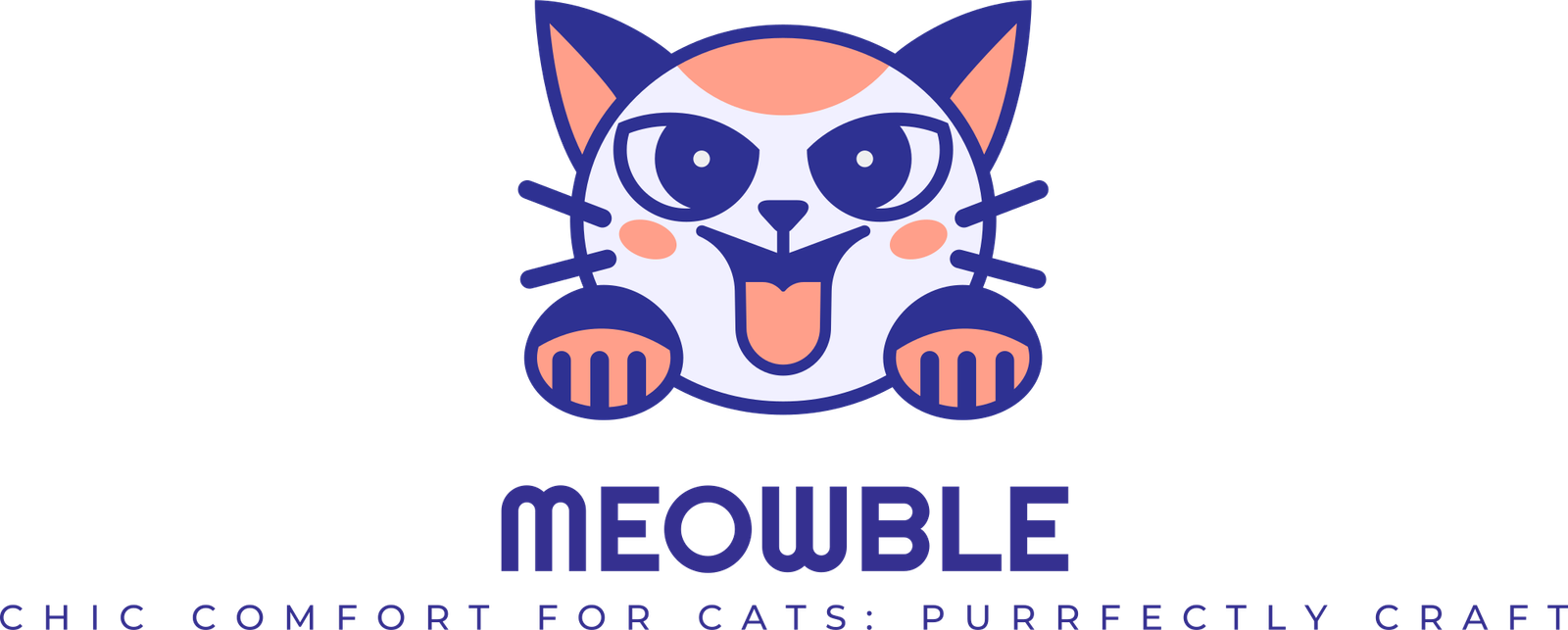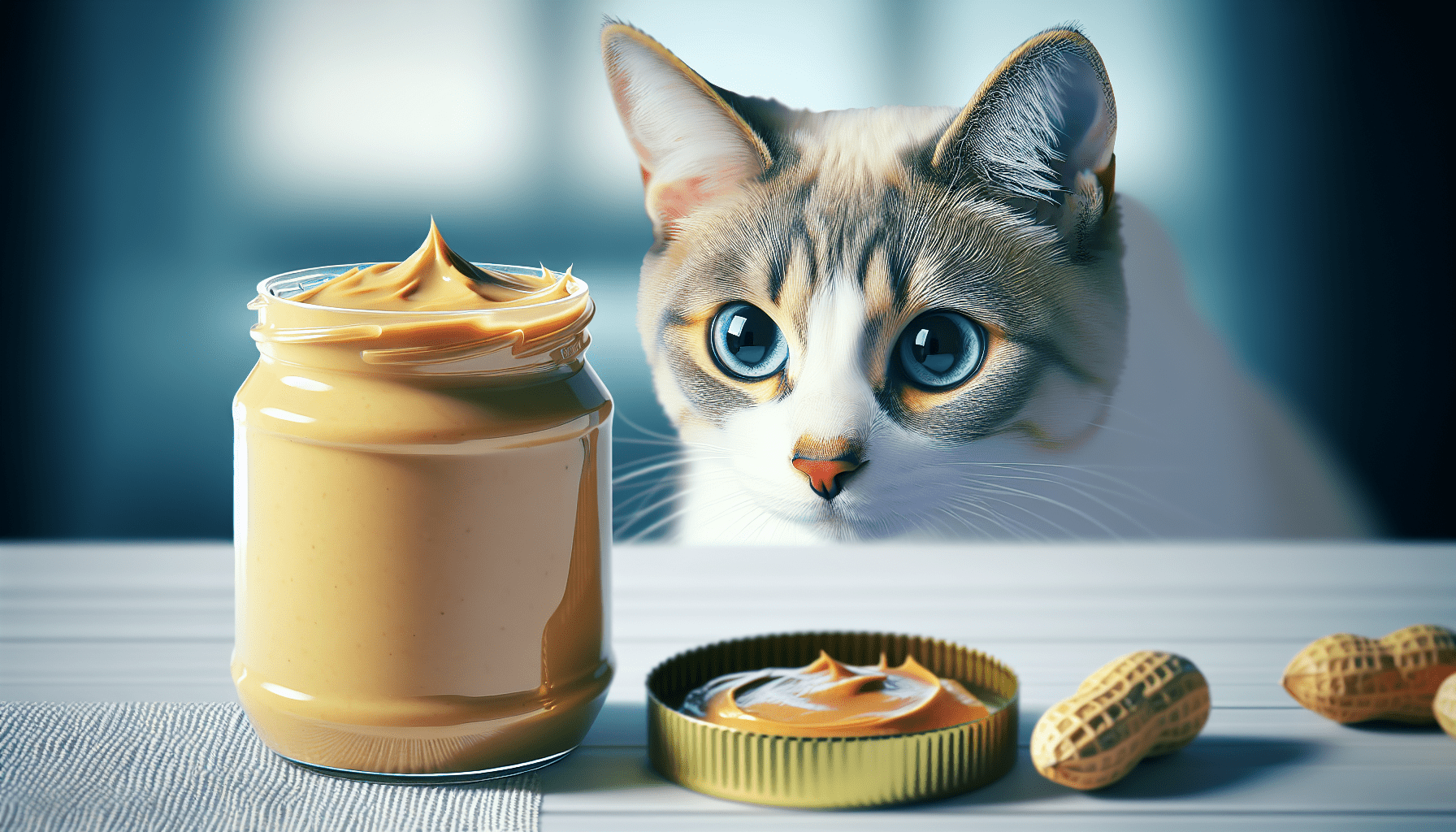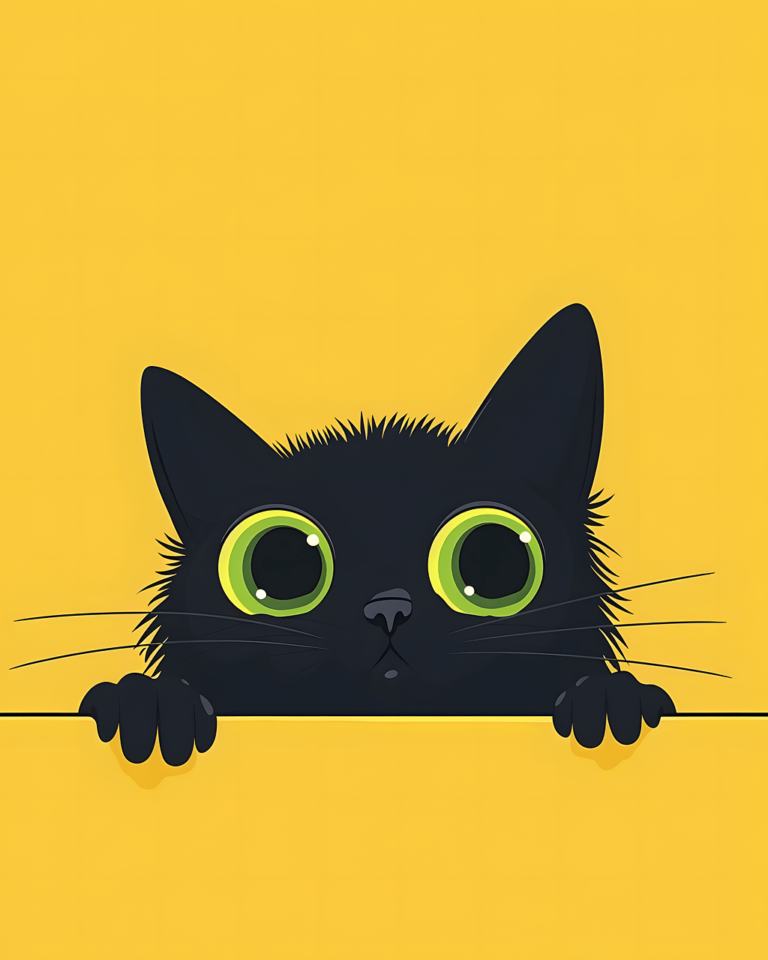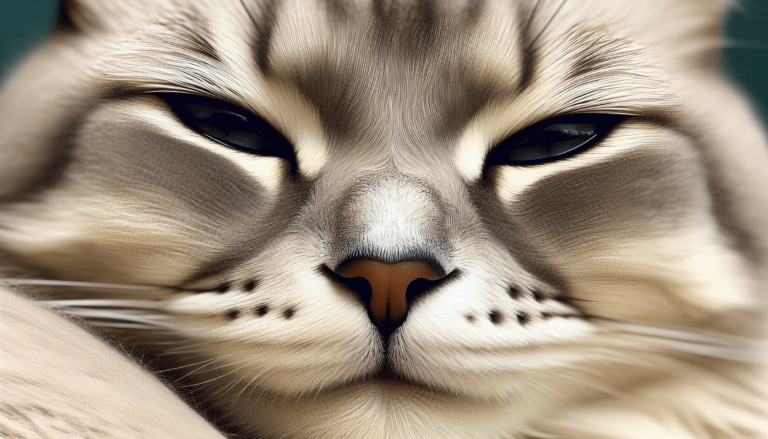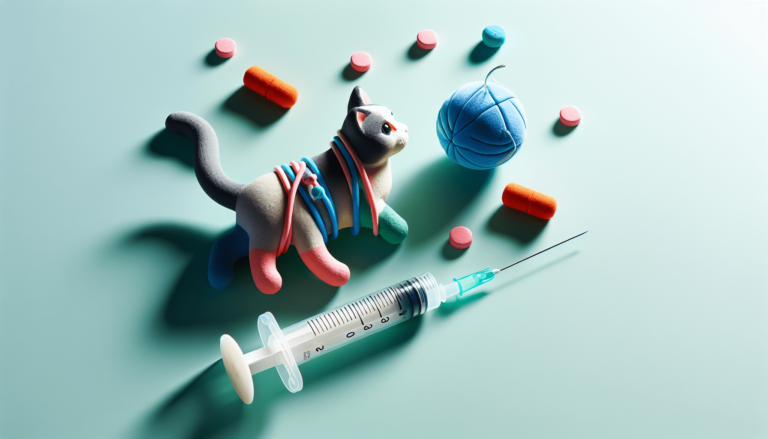Can Cats Eat Peanut Butter
Hey there! Ever wondered if your feline friend can indulge in the creamy delight of peanut butter? Well, the answer might surprise you! While cats can technically eat peanut butter, it should be done in moderation and with caution. Some cats may have no issues with it, while others might experience digestive discomfort. In this article, we’ll explore the ins and outs of whether cats can safely enjoy peanut butter, taking into account their dietary needs and potential allergic reactions. So, let’s find out if your kitty will be licking its chops or turning up its nose at this popular nutty spread!
Understanding Cat Dietary Needs
Cats as Obligate Carnivores
Cats are obligate carnivores, which means that they have specific dietary requirements that can only be met through the consumption of animal tissues and proteins. Their bodies are designed to thrive on a diet that consists primarily of meat. As obligate carnivores, cats have a unique set of nutritional needs that differentiate them from omnivorous animals, such as humans. It is essential for cat owners to understand these dietary needs in order to provide their feline companions with a healthy and balanced diet.
Nutrients Required by Cats
Cats require specific nutrients to maintain their overall health and well-being. These nutrients include proteins, fats, carbohydrates, vitamins, and minerals. Proteins are particularly important for cats as they contain essential amino acids that cats cannot produce on their own. Fats provide energy and help with the absorption of fat-soluble vitamins. Carbohydrates, although not a necessary component of a cat’s diet, can be a source of energy. Cats also require various vitamins and minerals for optimal health, including vitamin A, vitamin D, calcium, and taurine. Meeting these nutritional requirements is crucial for ensuring your cat’s long-term health.
Disadvantages of Human Food for Cats
While it may be tempting to share some of your favorite human foods with your feline companion, it is essential to keep in mind that cats have unique dietary needs that differ from our own. Many human foods are not suitable for cats and can even be harmful to their health. For example, certain ingredients commonly found in human food, such as onions and garlic, can be toxic to cats. Additionally, some human foods are high in salt, sugar, or other additives that can be detrimental to a cat’s health. Therefore, it is important to be mindful of the types of foods you offer your cat and to prioritize their specific dietary needs.
Peanut Butter – Nutritional Content
Protein Content
Peanut butter is known for its relatively high protein content, making it an attractive option for those seeking to add protein to their diet. However, when it comes to cats, it is important to consider the source of protein. As obligate carnivores, cats have a higher demand for animal-based proteins rather than plant-based proteins. While peanut butter does contain some protein, it is primarily derived from plant-based sources. Therefore, while it may provide a small amount of protein, it should not be relied upon as the primary source of protein for a cat’s diet.
Fat Composition
Peanut butter is relatively high in fat, which can provide a concentrated source of energy for cats. However, it is important to note that not all fats are created equal. Cats require a balance of different types of fats, including essential fatty acids such as omega-3 and omega-6 fatty acids. While peanut butter does contain some fat, it may not provide the optimal balance of essential fatty acids that cats require. It is recommended to focus on providing high-quality fat sources specifically formulated for cats, rather than relying on peanut butter as a source of fat.
Vitamins and Minerals
While peanut butter does contain certain vitamins and minerals, the overall nutrient profile may not align with a cat’s specific needs. Cats require specific vitamins and minerals, such as vitamin A, vitamin D, calcium, and taurine, which may not be adequately provided by peanut butter alone. Additionally, some brands of peanut butter may contain added sugar or salt, which can be detrimental to a cat’s health. It is crucial to prioritize a balanced and tailored diet specifically formulated for cats to ensure the optimal intake of required vitamins and minerals.
Presence of Sugar and Sodium
Many commercially available peanut butter products contain added sugar or salt for enhanced taste and preservation. These additives can be harmful to cats when consumed in large quantities. Excess sugar consumption can lead to dental issues, obesity, and other health problems. Similarly, high sodium intake can put stress on a cat’s kidneys and contribute to hypertension. Therefore, it is important to read ingredient labels carefully and avoid offering peanut butter with added sugar or excessive sodium to cats.

Can Cats Digest Peanut Butter
Cats’ Digestive System and Peanut Butter
Cats have a relatively short digestive system that is designed to process and efficiently absorb nutrients from animal-based protein sources. While cats do possess enzymes that enable them to digest certain plant-based materials, their digestive system is not optimized for breaking down and utilizing nutrients from plants. Peanut butter, being primarily derived from plant-based sources, may be more challenging for cats to digest compared to animal-based proteins found in their natural diet.
Differences in Human & Feline Digestion
In addition to differences in the length of their digestive systems, cats also have specific enzymes and digestive capabilities that differ from humans. For example, cats lack the enzyme necessary to break down plant-based carbohydrates, such as those found in peanuts. This means that the carbohydrates present in peanut butter may not be fully digested or provide the same nutritional benefits to cats as they would to humans. While small amounts of peanut butter may be tolerated by some cats, it is important to monitor their digestion and overall health when introducing new foods into their diet.
Potential Risks of Feeding Cats Peanut Butter
Choking Hazards
One of the primary risks of feeding cats peanut butter is the potential for choking. Cats have a smaller throat and mouth compared to humans, making it easier for them to choke on sticky substances like peanut butter. Therefore, it is important to be cautious and only offer small amounts of peanut butter to ensure safe consumption.
Risk of Allergies
Just like humans, cats can develop allergies to certain foods, including peanuts. Peanut allergies in cats can manifest as gastrointestinal upset, skin reactions, or respiratory issues. It is essential to observe any unusual symptoms or changes in behavior after introducing peanut butter to your cat’s diet. If any signs of an allergic reaction are present, it is recommended to discontinue the consumption of peanut butter and consult with a veterinarian.
Effects on Cat’s Weight and Health
Peanut butter is calorie-dense and can contribute to weight gain if consumed excessively. Overweight and obese cats are at an increased risk of developing various health issues, including diabetes, joint problems, and heart disease. Additionally, the high fat content in peanut butter can strain a cat’s digestive system and potentially lead to gastrointestinal distress. It is important to monitor portion sizes and incorporate peanut butter, if at all, as an occasional treat rather than a significant part of a cat’s regular diet.
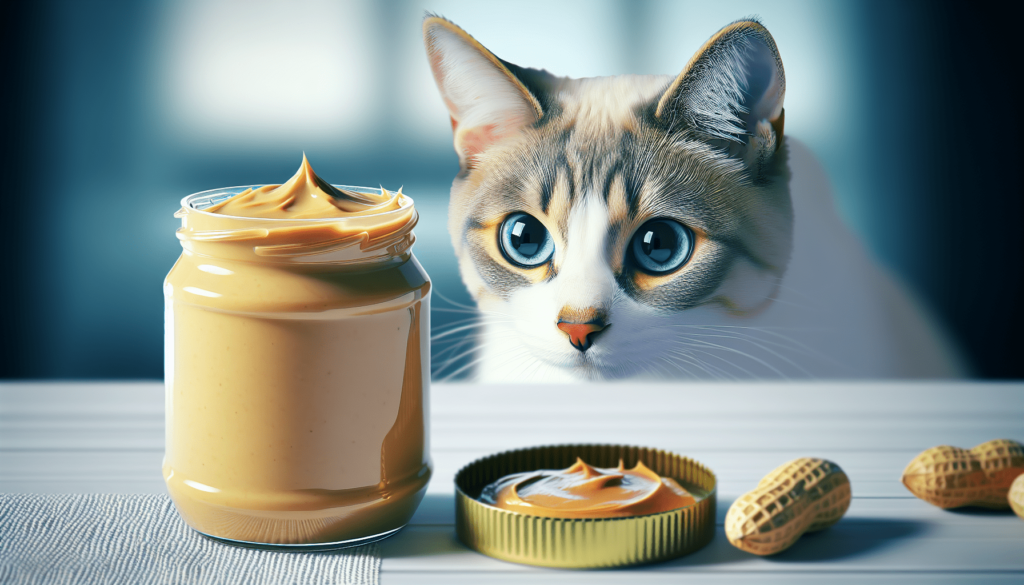
Xylitol and its Effects on Cats
What is Xylitol
Xylitol is a sugar substitute commonly used in many human food products, including some types of peanut butter. While xylitol is safe for human consumption, it can be highly toxic to cats. Xylitol is a sugar substitute that is low in calories and has a negligible effect on blood sugar levels in humans. However, in cats, xylitol can lead to a sudden release of insulin, causing a dangerous drop in blood sugar levels. This can result in hypoglycemia, which can be life-threatening if not promptly treated.
Effects of Xylitol on Cats
When cats ingest xylitol, it can quickly lead to severe hypoglycemia within 10 to 60 minutes. Symptoms of xylitol poisoning in cats may include vomiting, loss of coordination, seizures, and in severe cases, liver failure. Xylitol can also cause a rapid increase in insulin levels, which can disrupt a cat’s metabolic processes and result in an array of health issues. It is crucial to keep all xylitol-containing products, including peanut butter, safely out of reach of cats to avoid accidental ingestion.
Common Foods Containing Xylitol
Xylitol can be found in a variety of products, including sugar-free gum, candy, baked goods, and certain types of peanut butter. It is important to carefully read product labels and be aware of any potential sources of xylitol when considering offering human foods to your cat. As a responsible pet owner, it is crucial to prioritize the safety and well-being of your feline companion by avoiding any foods containing xylitol.
Introducing New Foods to Cat Diet
The Transition Process
When introducing new foods to a cat’s diet, it is important to do so gradually to minimize the risk of digestive upset. Cats can be sensitive to dietary changes, and sudden dietary shifts can lead to gastrointestinal issues such as vomiting or diarrhea. To avoid these complications, begin by offering small amounts of the new food as a treat or mixed in with their regular food. Increase the portion size gradually over the course of several days or weeks until the new food becomes a regular part of their diet.
Monitoring Cat Responses
During the transition process, it is vital to monitor your cat’s response to the new food carefully. Observe any changes in their appetite, behavior, stool consistency, or overall health. If any adverse reactions occur, such as persistent vomiting or diarrhea, it may indicate that the new food is not suitable for your cat. In such cases, it is advisable to discontinue the use of the new food and consult with a veterinarian for further guidance.
Peanut Butter Alternatives for Cats
High Nutrient Cat Foods
Instead of relying on peanut butter as a source of additional nutrients, consider incorporating high-quality cat foods into your cat’s diet. Commercially available cat foods are specially formulated to meet the unique nutritional needs of cats, providing a balanced blend of proteins, fats, vitamins, and minerals. By selecting high-quality cat foods, you can ensure that your cat receives the necessary nutrients without the potential risks associated with peanut butter consumption.
Cat-safe Treats
If you are looking to provide your cat with a special treat, there are a variety of cat-safe treats available on the market. These treats are specifically formulated with a cat’s dietary needs in mind, ensuring they receive the necessary nutrients without any potential harmful ingredients. When choosing cat treats, opt for those that are free from artificial flavors, colors, and preservatives. It is also important to offer treats in moderation to prevent any negative effects on your cat’s weight or overall health.
Toxic Foods for Cats
Common Kitchen Foods Poisonous to Cats
While peanut butter may not be toxic to cats when consumed in moderation, there are several common kitchen foods that are highly toxic to cats and should be strictly avoided. These include but are not limited to onions, garlic, grapes, raisins, chocolate, caffeine, alcohol, and certain types of nuts. These foods can cause a range of adverse health effects, including gastrointestinal upset, organ damage, and even death in severe cases. It is crucial to keep all toxic foods securely stored and ensure they are inaccessible to your curious feline companion.
Preventing Accidental Ingestion
Preventing accidental ingestion of toxic foods requires active vigilance and careful management of your cat’s environment. This involves keeping toxic foods securely stored away in sealed containers or locked cabinets. It is also important to be mindful of the foods you are preparing and consuming, ensuring that you do not leave them unattended or at a height where your cat can reach them. By taking these preventive measures, you can help ensure that your cat is safe from the dangers of toxic food ingestion.
When to Contact a Vet
Signs of Illness after Consuming Peanut Butter
If your cat exhibits any signs of illness, such as vomiting, diarrhea, lethargy, or any unusual behaviors, after consuming peanut butter or any other new food, it is advisable to contact a veterinarian. These symptoms may indicate an adverse reaction or an underlying health issue that requires medical attention. It is always better to be safe than sorry when it comes to your cat’s health, so do not hesitate to reach out to your veterinarian if you have any concerns or questions.
What to Do if Your Cat Ingests Xylitol
If you suspect that your cat has ingested xylitol or any xylitol-containing product, it is crucial to seek immediate veterinary care. Xylitol poisoning in cats can have severe and potentially life-threatening effects, so prompt treatment is essential. Avoid inducing vomiting or administering any home remedies without professional guidance, as these actions can worsen the situation. Contact your veterinarian or an emergency veterinary hospital immediately for guidance on how to proceed.
Conclusion – Can Cats Eat Peanut Butter
Summarizing the Risks and Benefits
While cats can technically eat peanut butter, it is not recommended as a significant part of their diet due to several reasons. Peanut butter lacks the essential nutrients that cats require, such as adequate animal-based proteins and a well-balanced fatty acid profile. Additionally, the presence of added sugar, salt, and the potential for xylitol contamination further diminishes the suitability of peanut butter for cats. While small amounts of peanut butter as an occasional treat may be tolerated by some cats, it should be approached with caution and offered sparingly.
Advice for Giving Peanut Butter to Cats
If you choose to offer peanut butter to your cat as an occasional treat, it is crucial to keep portion sizes small and ensure that the peanut butter does not contain any harmful ingredients such as xylitol. It is advisable to consult with your veterinarian prior to introducing peanut butter into your cat’s diet to ensure it aligns with their specific nutritional requirements and overall health. Remember to always prioritize your cat’s well-being and provide a balanced and tailored diet that meets their unique dietary needs.
